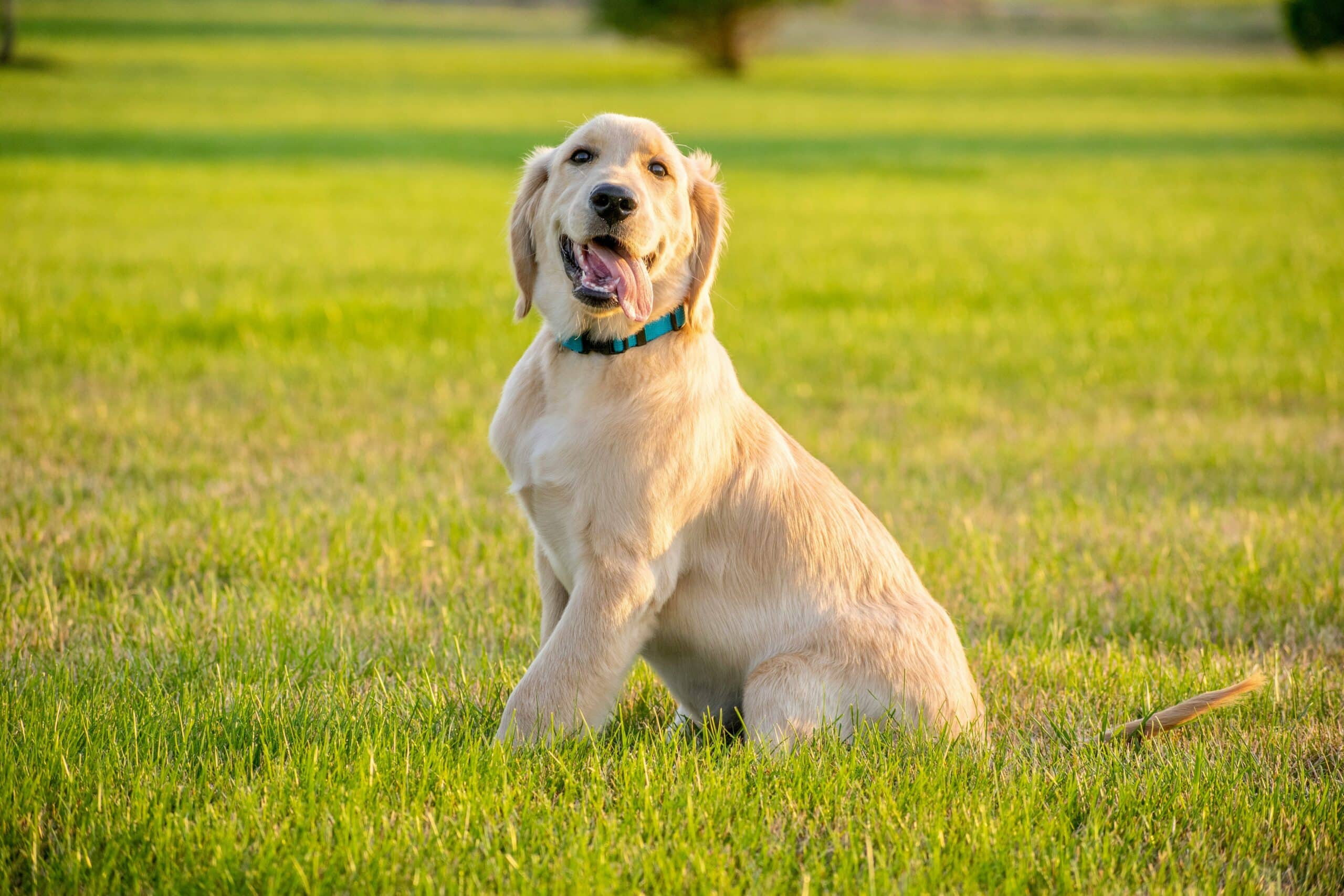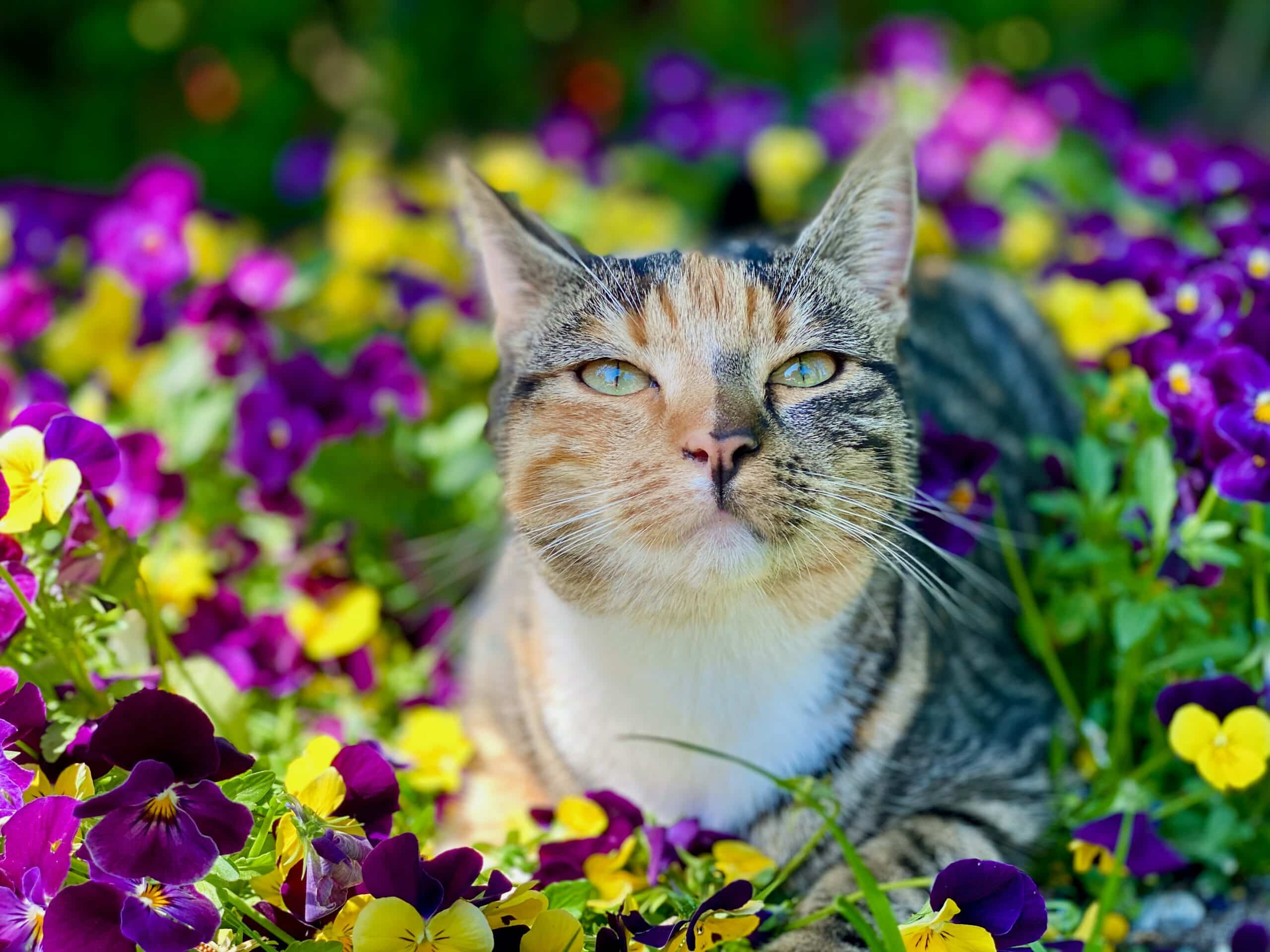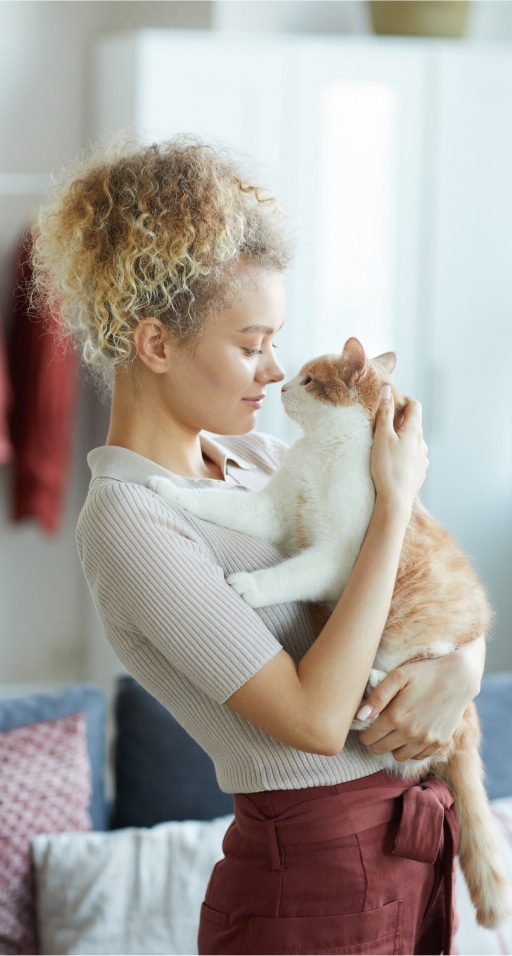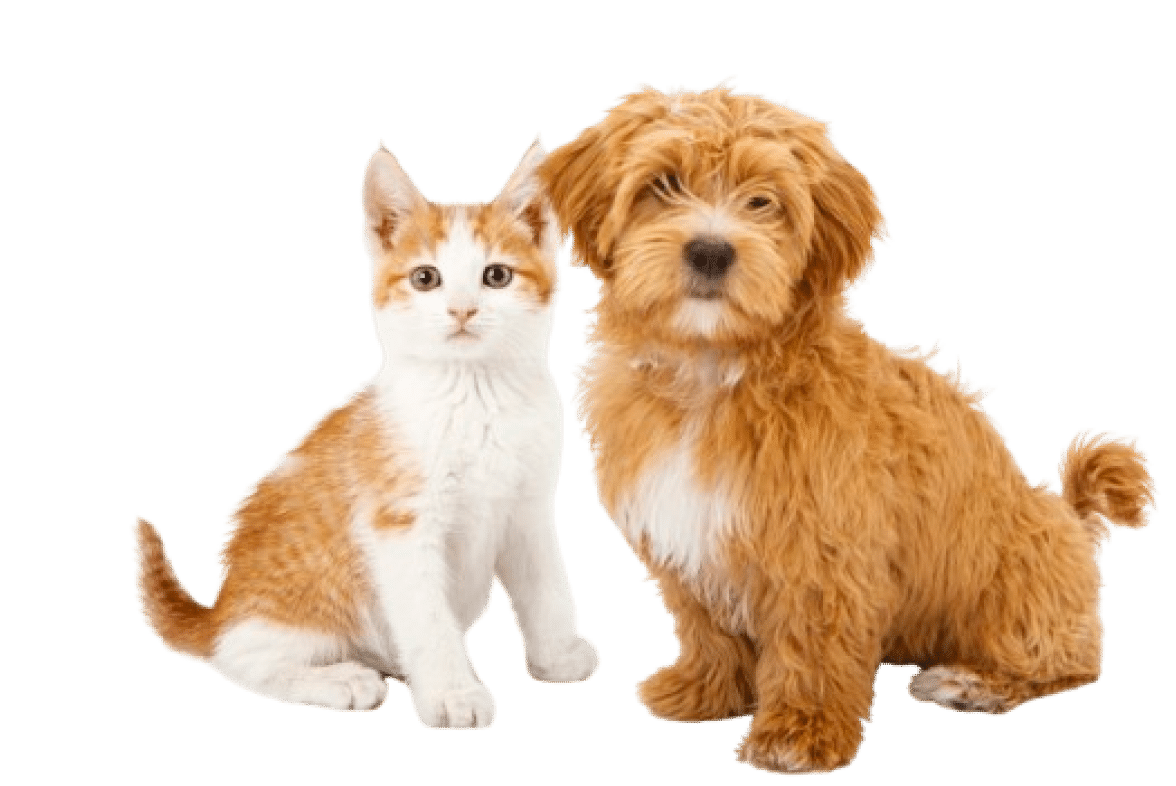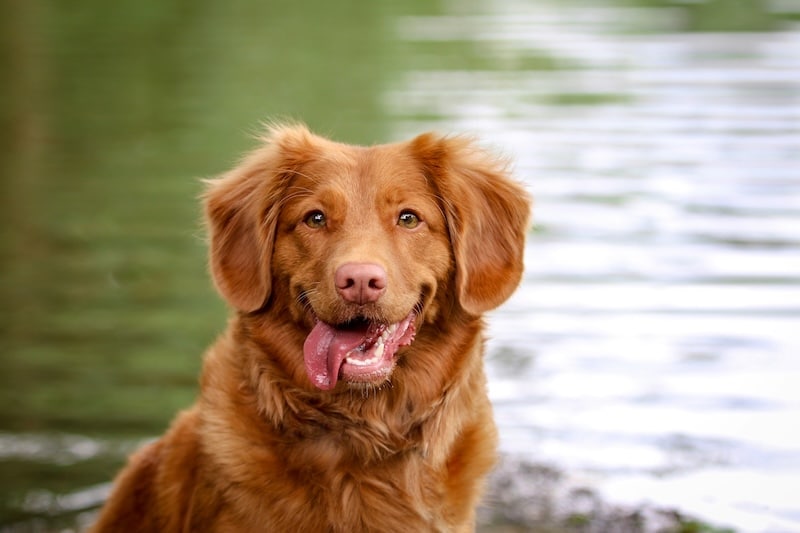
Pet Poison Prevention Month: Simple Steps to Keep Your Pets Safe
March is Pet Poison Prevention Month—a timely reminder to double-check your home and habits for common dangers that could harm your pets. Whether your pet is a curious kitten or an adventurous pup, a few small adjustments can go a long way toward keeping them safe.
We know how much your pets mean to you, so we’re sharing a few important safety tips every pet owner should know. Some hazards aren’t always obvious, so here’s what to keep in mind this season and beyond.
1. Wash Food and Water Bowls Regularly
Bacteria can quickly build up in your pet’s bowls, leading to digestive issues and illness. Clean food and water dishes daily with soap and warm water, and let them dry thoroughly before reuse. It’s a small task that makes a big difference.
2. Don’t Share Your Snacks—Even If They Beg
Some human foods can be dangerous—even deadly—for pets. Most pet owners know about chocolate, but did you know that grapes and raisins can also be toxic, especially to dogs? They may cause vomiting, diarrhea, and lethargy, and in severe cases, kidney failure. If your pet ingests any of these, contact us right away at Woodcliff Lake Veterinary Hospital.
3. Be Careful with Cleaning Products
Many household cleaners contain chemicals that can be toxic to pets. Store all products securely and choose pet-safe alternatives when possible. Before using a new product around the house, especially on floors or surfaces your pet comes into contact with, feel free to reach out to our team for guidance.
4. Keep Toxic Plants Out of Reach
Some plants and flowers can pose serious risks to pets. Common culprits include lilies, azaleas, tulips, daffodils, and sago palms. If you’re adding greenery to your home or yard this spring, check that your choices are pet-safe—or place them well out of reach. If you’re unsure, we’re happy to help you identify any potentially harmful plants.
5. Supervise Outdoor Time
As spring approaches, it’s tempting to let pets roam freely in the backyard. But keep a close eye on what they’re sniffing and chewing. Cocoa mulch, often used in landscaping, is especially dangerous—it contains theobromine, the same toxic compound found in chocolate. Ingestion can cause vomiting, tremors, or worse. If your pet gets into something they shouldn’t, give us a call right away.
We Love Spring in New Jersey—Let’s Keep It Safe for Pets
As the snow melts and the scenery blooms, we hope you and your pets get to enjoy the beauty of Bergen County and beyond. A little preparation now can help prevent emergency visits later.
If you ever have questions about what’s safe—or not safe—for your pet, give us a call at Woodcliff Lake Veterinary Hospital. We’re here to help you protect your pets and enjoy the season together.
Image credit: Laula Co | Unsplash
